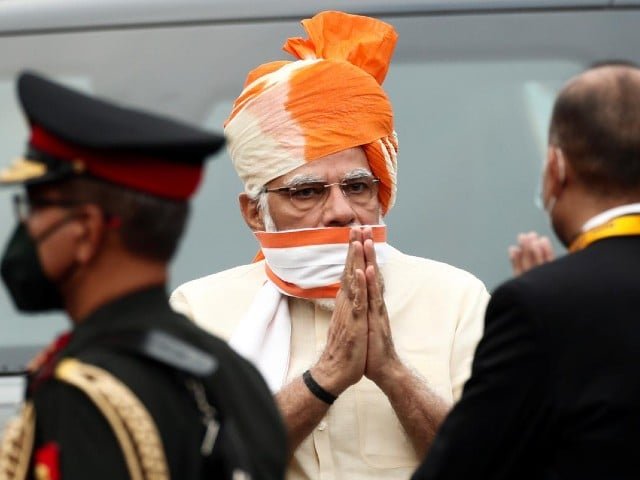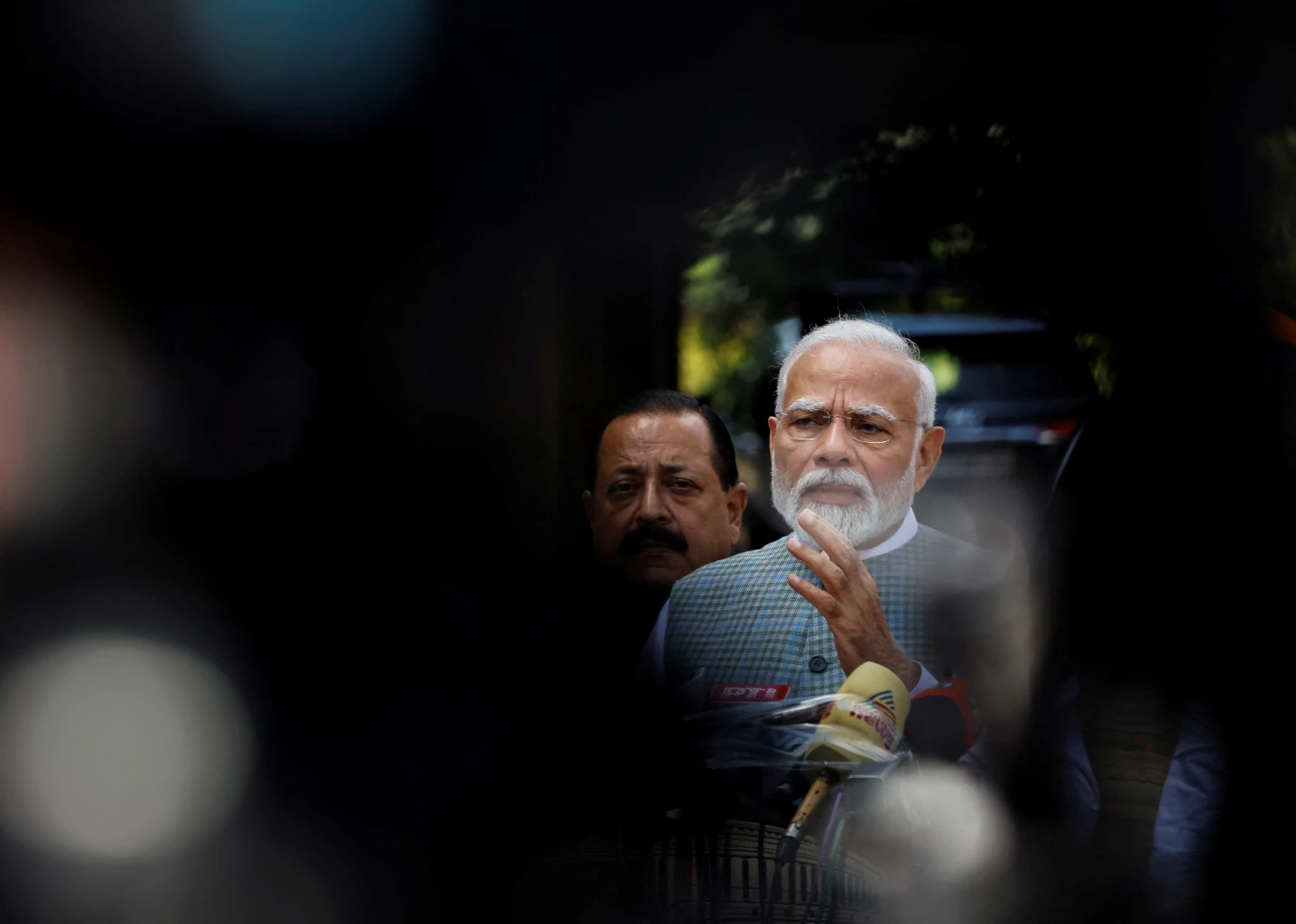Just when it appeared that the streak of India’s extra-territorial killings had subsided, a fresh evidence-based case surfaced. And while India celebrates its 75th Republic Day, a banner of state-sponsored terrorism hangs in the backdrop. The constitution that India paints as the most democratic and secular and on whose basis it demands a respectable space in the democratic West, is now only a piece of paper.
To put things in perspective, just when India was rejoicing the Ram Mandir’s consecration four days earlier, saffron flags were being waived over mosques in Uttar Pradesh (UP) as a message of conquering and erasing the significant Muslim community of India.
UP recorded some ten cases of communal violence right under the nose of the Mandir’s inauguration festivities.
And no regular communal violence it was. The rioters were celebrating nothing but their assumed supremacy that they believe has been made eternal by Modi and his far-right Bharatiya Janata Party (BJP).
Coming back to the case of transnational killings, Pakistan’s announcement of completing two investigations of the killing of two Pakistani citizens in separate incidents and the involvement of India in those killings, is definitely not the first time that a country has made such a claim. But the similarities in the United States Department of Justice’s investigation into the failed killing ploy of a Sikh American citizen and the most recent investigations made public by Pakistan are stark and interesting.
The pattern that emerges suggests that either locals or people in third countries are engaged for hire-for-murder. In the failed attempt to kill Pannun, the person who was hired was living in the Czech Republic. In the cases that Pakistan has revealed, there is a mention of people hired from a third country, that has not been named yet. The most noteworthy aspect is that the trail when traced back to the actual perpetrators, leads to India’s intelligence men.

This is just one aspect of the erosion of the Republic, there are countless other standards on which India is failing its constitution. It even seems old school to bring India’s good old secularism into question. Justice, Equality, Liberty, and Fraternity are the four aspirations that the Constitution’s preamble adheres to.
Also Read: Modi: The Defeat in Karnataka Elections
Analysts and experts observe that India’s judiciary is at its weakest currently.
The judiciary that set aside the technicalities of constitutionally-guarded autonomy to affirm that Article 370’s abrogation was the right thing, the same judiciary that struggled to bring the rapists of Bilqees Bano to justice because of their political affiliations, the very same judiciary that allowed the construction of Ram Mandir on the site where Babri Masjid once stood. Equality and Liberty died a natural death when democratic nationhood started merging into religiously driven nationhood. It should not be surprising to see colorful dances and the media’s projection of the Republic Day events as markers of India’s cultural diversity. But the Republic has eroded, the democracy waning, and the cultural diversity tainted with a permanent red blood mark on the saffron-colored flags. The Republic is now an aspiring Hindu-majority state. And the impatience to achieve that so loud that spilling the blood of minorities becomes a sacred cause.



![Afghan men search for victims after a Pakistani air strike hit a residential area in the Girdi Kas village, Nangarhar province on February 22, 2026. [Aimal Zahir/AFP/Getty Images]](https://southasiatimes.org/wp-content/uploads/2026/02/gettyimages-2262391441.webp)


